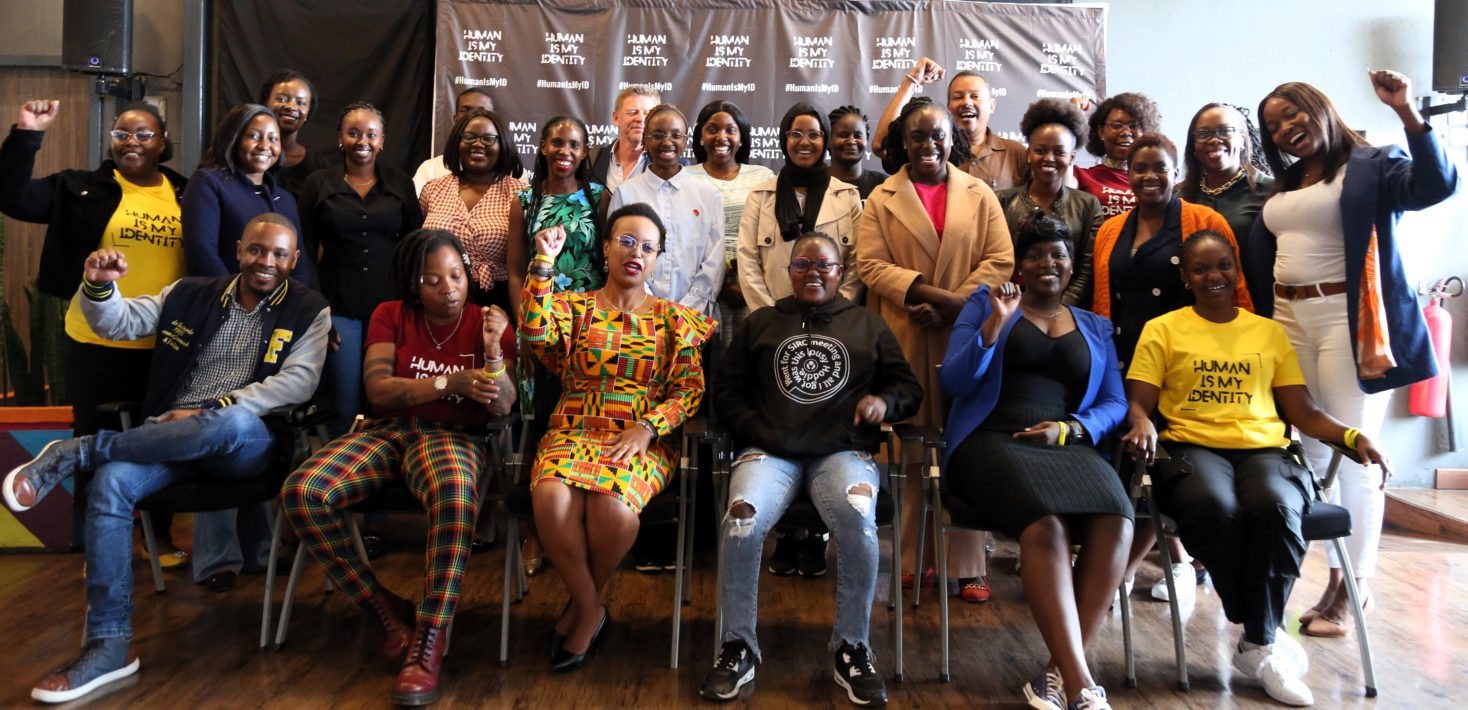Nairobi, Kenya – 28th March 2024: Amnesty International Kenya has released its Discrimination Index, a comprehensive report shedding light on the pervasive nature of discrimination across various sectors of Kenyan society. The index, based on extensive research and data collection, reveals alarming statistics, indicating that discrimination remains a significant challenge impacting the lives of millions of Kenyans. Discrimination persists as a legal and social issue, intersecting with factors such as gender, age, sexual orientation, gender identity, and disability, perpetuating injustices and endangering the lives of countless individuals.
Amnesty International Kenya’s latest findings unveil a disturbing reality: femicide and violence against women are reaching alarming levels in Kenya. Majority of women who have fallen victim to gender-motivated killings were targeted by intimate partners or individuals known to them. This stark reality underscores the urgent need for action to address the root causes of gender-based violence and protect the rights of women across Kenya.
Kenya’s youth face discrimination in employment, education, and political representation, exacerbating socio-economic inequalities and limiting access to opportunities. The Discrimination Index highlights discriminatory hiring practices within the public service, with only 28% of counties complying with diversity requirements as per the National Cohesion and Integration Commission. Moreover, restrictions on personal expression, such as dress codes imposed by educational institutions, infringe upon youth’s freedom of expression and identity. Identity-based discrimination continues to thrive, with alarming reports indicating that at least 133 individuals have faced discrimination based on their pregnancy and health statuses by the Kenya Revenue Authority, a government agency. Such discriminatory practices not only violate constitutional and statutory provisions but also perpetuate systemic inequalities and deny individuals their fundamental rights.
The Discrimination Index reveals pervasive discrimination and violence faced by LGBTQ+ individuals in Kenya, fueled by societal stigma and legal prohibitions against same-sex relations. Shockingly, reported cases of physical assault resulting in grievous bodily harm highlight the growing normalization of violence against the LGBTQ+ community.
Persons with disabilities in Kenya confront multiple barriers to social inclusion and equal participation, ranging from inaccessible infrastructure to limited employment opportunities. The Discrimination Index highlights significant gaps in representation within the public service, with only 1% of the County Public Service comprising Persons Living with Disabilities as per the National Cohesion and Integration Commission. Negative attitudes and stereotypes further marginalize PWDs, hindering their autonomy and perpetuating cycles of dependency.
Despite efforts to combat discrimination, social media platforms continue to serve as breeding grounds for perpetuating harmful stereotypes and prejudices based on gender, sex, and social and economic status. Such online platforms amplify discrimination and exacerbate societal divisions, underscoring the need for concerted action to promote responsible online behavior and combat online hate speech.
Amnesty International Kenya calls upon the government, civil society organizations, and the public to urgently address the systemic inequalities perpetuated by discrimination. It is imperative that concrete steps are taken to uphold the rights and dignity of all individuals, irrespective of their background or identity. Together, we must strive to build a society where equality, justice, and respect for human rights prevail.
For more information and interviews, contact Mathias T. Kinyoda on mobile: +254723424802| Email: [email protected]
Read full Report Here:
Human is my Identity Q1 Discrimination Index
Amnesty International Kenya Releases Discrimination Index Highlighting Alarming Prevalence of Discrimination in Kenya


